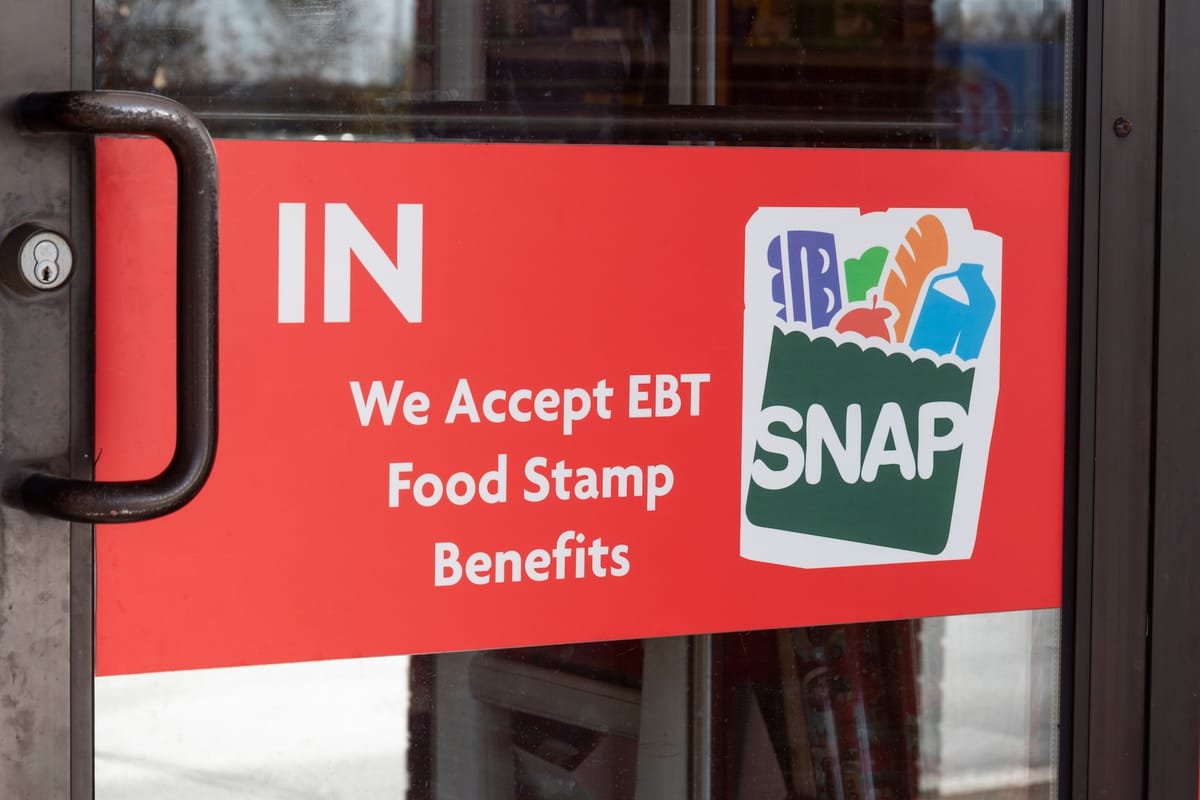

Promoting Healthier Choices in Indiana
Indiana Governor Mike Braun has taken a significant step toward improving public health by issuing an executive order to prohibit the use of Supplemental Nutrition Assistance Program (SNAP) benefits for purchasing soda and candy. Announced alongside U.S. Health and Human Services Secretary Robert F. Kennedy Jr. and Centers for Medicare and Medicaid Services Administrator Dr. Mehmet Oz, this initiative aligns with RJK Jr's 'Make Indiana Healthy Again' campaign. The move aims to redirect SNAP funds toward nutritious foods, addressing the concerning trend where more SNAP dollars are spent on sugary drinks and candy than on fruits and vegetables.
This executive order is one of nine signed by Braun to enhance the state's health outcomes. By focusing on nutrition, the policy seeks to combat diet-related chronic diseases, such as obesity and diabetes, which have been persistent challenges in Indiana. The governor emphasized that the change is not about limiting options but about encouraging SNAP recipients to make healthier choices that benefit their long-term well-being.
A National Movement Gains Traction
Indiana's action is part of a broader movement, with Arkansas, Idaho, and West Virginia also pursuing similar restrictions on SNAP purchases. These states are seeking waivers from the U.S. Department of Agriculture (USDA), which oversees SNAP, to exclude sugary items from eligible purchases. USDA Secretary Brooke Rollins has expressed strong support for these efforts, signaling that the Trump administration is likely to approve such waivers. This federal backing underscores the urgency of addressing America's chronic disease epidemic through targeted policy changes.
The initiative draws inspiration from the 'Make America Healthy Again' (MAHA) movement, championed by figures like Kennedy. In Arkansas, Governor Sarah Huckabee Sanders highlighted that banning soda and candy from SNAP benefits would encourage low-income residents to prioritize healthier staples like meat, bread, and vegetables. Approximately 80 cents of every SNAP dollar is already spent on such staples, according to the Brookings Institution, but the remaining funds often go toward less nutritious options like sugary beverages and snacks.
Indiana's plan specifically targets candy and soft drinks, ensuring that SNAP benefits are used for foods that support better health outcomes. The state's leadership believes this shift will not only improve individual health but also reduce taxpayer-funded healthcare costs associated with chronic illnesses.
Comprehensive Health Reforms in Indiana
Braun's executive orders extend beyond SNAP restrictions. Other measures include reinstating income and asset verification for SNAP eligibility, introducing work requirements for able-bodied beneficiaries, and launching a review of administrative errors to ensure the program meets federal goals. Additionally, Braun signed orders to study the health impacts of artificial food dyes, develop plans to address diet-related chronic diseases, and increase access to locally sourced foods from Indiana farmers.
A new fitness program and test for schools were also introduced to promote physical activity among youth. These initiatives reflect a holistic approach to tackling health challenges, from improving food quality to encouraging active lifestyles. Braun's administration is committed to making Indiana a leader in preventative health measures, setting a model for other states to follow.
Looking Ahead
Indiana's request for a USDA waiver marks a pivotal moment in the state's efforts to reform SNAP and promote healthier lifestyles. If approved, the ban on soda and candy purchases will begin in 2026 and last for five years, with low- and no-calorie fruit and vegetable drinks containing less than 50 percent natural juice also excluded. The policy is expected to influence other states, with Nebraska, Arizona, Kansas, and Tennessee already considering similar measures.
The initiative reflects a growing recognition that SNAP, which serves over 41 million Americans, including roughly 1 million in Arkansas, Idaho, and Indiana combined, can play a critical role in addressing public health challenges. By reallocating benefits toward nutritious foods, Indiana aims to set a precedent for how federal assistance programs can support both individual well-being and fiscal responsibility.
Braun's executive orders signal a proactive approach to tackling some of the state's most pressing health issues. As the USDA reviews Indiana's waiver request, the nation will be watching closely to see how this policy shapes the future of SNAP and the broader fight against chronic disease.
Dues are $12 per year. Member benefits:
✅ Ad-Free Website Viewing
✅ Advocacy for Republican Seniors
✅ 120+ Senior Discounts
✅ Member Only Newsletters